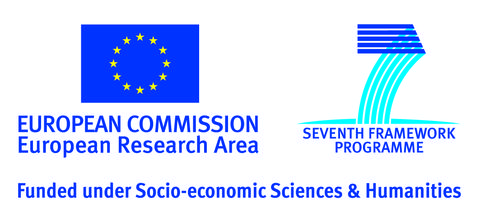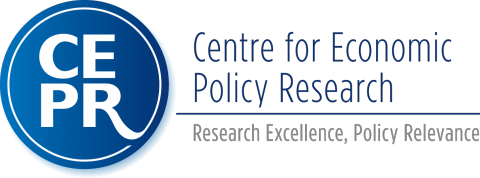About PODER
Good policy design requires understanding of how agents respond to incentives and how they interact through market and non-market institutions. New approaches to policy design have recently emerged. These rely on controlled experiments as well as analysis of natural policy experiments. They allow us not only to evaluate whether a policy has been successful but also to test the theoretical channels through which the policy is assumed to operate. This can help us generate more effective policies.
PODER (Policy Design and Evaluation Research in Developing Countries) is a Multi-partner ITN, funded by the European Commission’s FP7 program, which will train a new generation of doctoral students in the use of these techniques to design and evaluate policies to fight poverty. The training will combine coursework and methodological tools taught at the academic nodes with on-site training in project management and data collection learnt from private sector partners. PODER’s research agenda will be organized around three work packages: health and education, private sector development and governance, political economy and institutions. PODER aims reduce the US-Europe gap in the quality and impact of development economics research. The ITN will run from 01 September 2013 - 31 August 2017.
The network consists of top European Institutions in this discipline, namely:
· Universita Bocconi (Italy)
· Paris School of Economics (France)
· London School of Economics (United Kingdom)
· University of Stockholm (Sweden)
· Facultés Universitaires Notre-Dame de la Paix (Belgium)
· Universitat Pompeu Fabra (Spain)
· University of Cape Town (South Africa)
In cooperation with CEPR, the network will have an impact in three dimensions. It will reorient both the content and approach to doctoral training in development economics, adding a new focus on rigorous techniques for the assessment of alternative policy designs and an emphasis on fieldwork.
This will enhance the career prospects of the network’s Early Stage Researchers (ESRs) and Experienced Researchers (ERs), who will be hired over the duration of the project. Second, PODER will help create a durable European infrastructure for research training in development economics, by allowing researchers to take advantage of training opportunities beyond their own institutions and to interact with other researchers working on similar projects in different countries. Third, PODER has a unique set of relationships with donors and developing country governments that will ensure that the PODER research agenda will be fully exploited by the policy community and the private sector.


